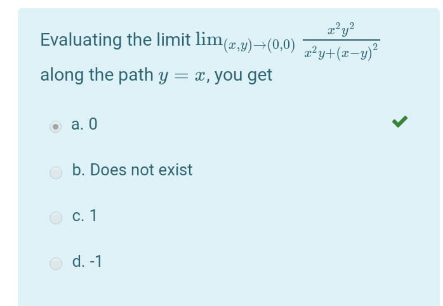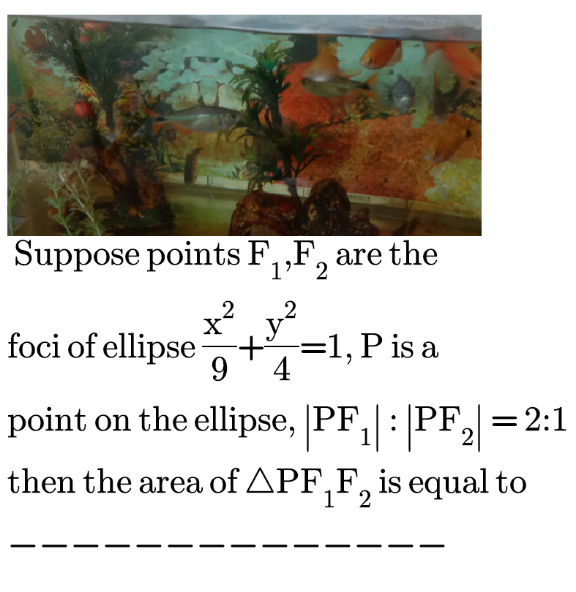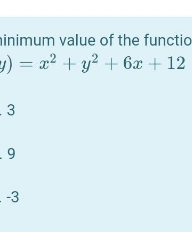
AllQuestion and Answers: Page 748
Question Number 144823 Answers: 1 Comments: 0
Question Number 144822 Answers: 1 Comments: 0
Question Number 144821 Answers: 0 Comments: 1
$$\mathrm{tan}\:\mathrm{193}={k} \\ $$$$\mathrm{cos}\:\mathrm{167}=? \\ $$
Question Number 144820 Answers: 1 Comments: 0

Question Number 144816 Answers: 2 Comments: 0
Question Number 144815 Answers: 1 Comments: 0

Question Number 144811 Answers: 0 Comments: 0
$$\int\left\{\frac{\mathrm{3}}{\:\sqrt{{x}^{\mathrm{2}} −{tan}^{\mathrm{2}} {x}}}\right\}{dx} \\ $$
Question Number 144810 Answers: 0 Comments: 0

Question Number 144801 Answers: 1 Comments: 2
Question Number 144800 Answers: 1 Comments: 0
Question Number 144799 Answers: 0 Comments: 0

Question Number 144794 Answers: 0 Comments: 0

Question Number 144792 Answers: 1 Comments: 0
Question Number 144791 Answers: 1 Comments: 0
Question Number 144813 Answers: 0 Comments: 1
Question Number 144789 Answers: 0 Comments: 0

Question Number 144788 Answers: 1 Comments: 0

Question Number 144787 Answers: 1 Comments: 0
Question Number 144785 Answers: 0 Comments: 0

Question Number 144783 Answers: 0 Comments: 1

Question Number 144782 Answers: 0 Comments: 0

Question Number 144781 Answers: 1 Comments: 0

Question Number 144780 Answers: 0 Comments: 0
Question Number 144777 Answers: 2 Comments: 0

Question Number 144772 Answers: 1 Comments: 0

Question Number 144771 Answers: 0 Comments: 0
Pg 743 Pg 744 Pg 745 Pg 746 Pg 747 Pg 748 Pg 749 Pg 750 Pg 751 Pg 752
